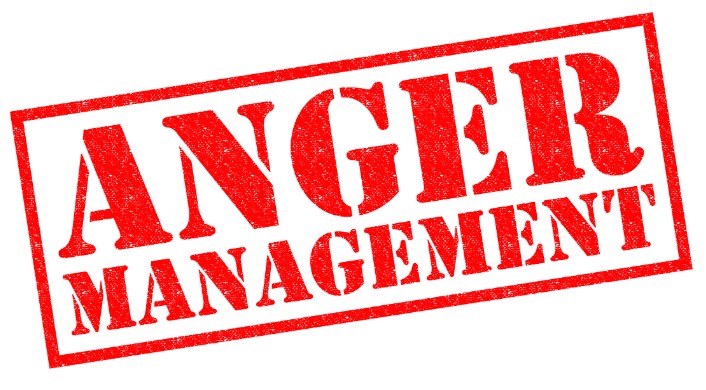
Managing Anger in Disputes
Anger is a complex and often powerful emotion that can arise in any human interaction, including during a mediation. Anger can stem from a variety of sources, including perceived injustice, frustration, hurt, or fear.
Daniel Goleman, a leading researcher in the field of emotional intelligence, defines anger as an emotional state characterized by feelings of frustration, irritation, or resentment. According to Goleman, anger is a normal and healthy emotion that serves a valuable purpose. When channeled in the right way, anger can motivate people to make positive changes in their lives and in the world. However, when anger is not managed properly, it can cause harm to others and to oneself.
“If your emotional abilities aren’t in hand, if you don’t have self awareness, if you are not able to manage your distressing emotions, if you can’t have empathy and have effective relationships, then no matter how smart you are, you are not going to get far” – Daniel Goleman
When embroiled in a dispute, anger can be particularly problematic. If one feels that they have been wronged or mistreated, they may experience feelings of irritability, frustration, or resentment. This can lead to what is known as “emotional hijacking,” where one becomes defensive or stonewalls, making it difficult to reach a rational solution. This then escalates into a full-blown conflict, leading to a breakdown in communication and a perpetuation of the problem.
When triggered, we react in unthinkable ways. and post-incident, reflectively regret or exclaim like in the video above, “I don’t know what happened?!”
Research reveals that regular practice of therapeutic exercises can alleviate emotional hijackings that occur in the spur of the moment. These include deep breathing, rhythmic clenching and unclenching of fists, 5 senses grounding techniques – all of which calm the senses and increase capacity for rational thought.
One way to manage anger is to think about it for a few days before taking any action. Morita, a Japanese psychologist, suggests that waiting three days can help dissipate the intense desire to fight, giving the parties time to reflect and process their feelings.
In a mediation, the mediator will be mindful to provide the time and space for parties to calm down and consider their next steps.
Psychologically informed conflict coaches and mediators will also guide disputants through their moments of anger to speak plainly and kindly. Communication is key in a dispute, and it is important for both parties to express themselves in a clear and respectful manner. This can help prevent the escalation of conflict and promote understanding and cooperation between the parties.
Sometimes, angry disputants justify vindictive behaviors with the overused phrase – “It is a matter of principles”. Without trivialising the validity of one’s point of view, it is important to put a price to these principles and encourage disputants to consider the costs of enforcing these principles in monetary and non-monetary terms.
It would be wise to consider the musings of Aristotle:
“Anybody can become angry — that is easy, but to be angry with the right person and to the right degree and at the right time and for the right purpose, and in the right way — that is not within everybody’s power and is not easy.” – Aristotle Nicomachean Ethic
Encouraging rational thought and strategic behaviour is what it takes to be successful. Do not allow anger to goad you into winning the battle but losing the war.

